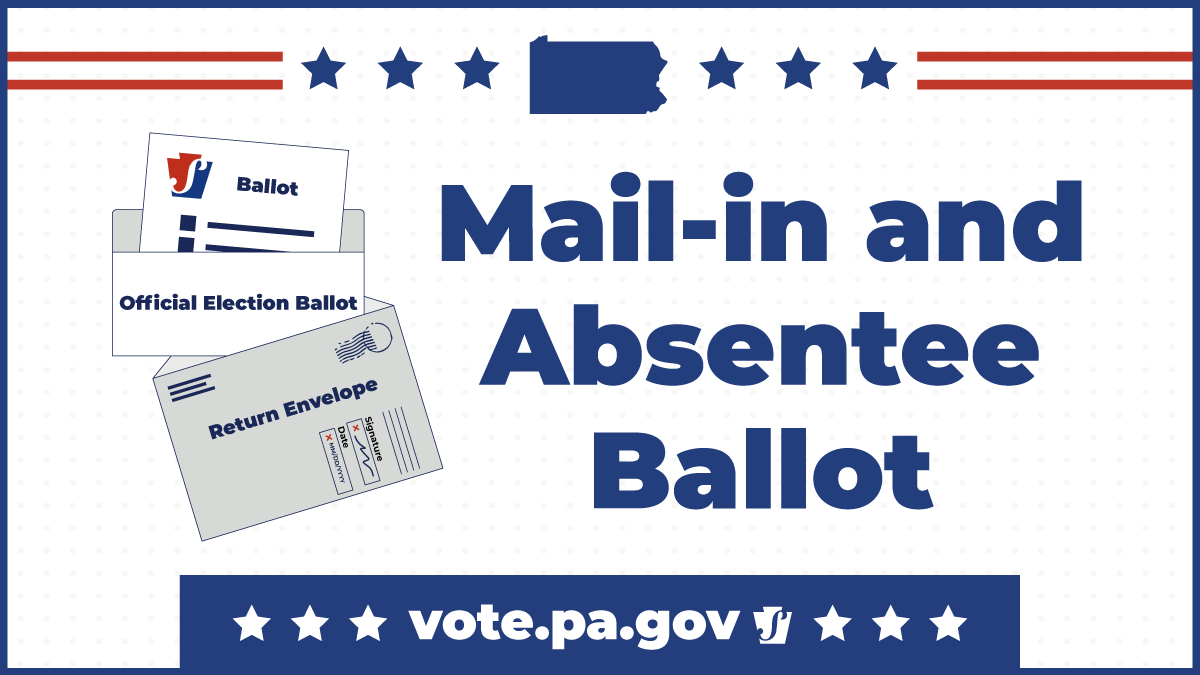Mail-in ballots: A dated debate
As a fellow columnist, Tom Ferrick, used to say about being a columnist, Often wrong, but always certain.

He said it in Latin, because he went to parochial school, but that’s not important.
To be successful as a columnist, you must have clear, sharp opinions. Some think that makes you controversial, but that’s not true. You are controversial only to those who disagree with those clear, sharp opinions.
Today, I don’t have one and I am interested in what you think.
In a 2-1 decision, the 3rd U.S. Circuit Court of Appeals has ruled that Pennsylvania mail-in ballots that are not dated by the voter should not be counted.
A lower court had previously ruled that as long as the ballot was received before the deadline, it should be counted even if it was not dated by the voter.
“We strongly disagree … that voters may be disenfranchised for a minor paperwork error like forgetting to write an irrelevant date on the return envelope of their mail ballot,” argued a lawyer for the American Civil Liberties Union.
Writing for the court’s majority, Judge Thomas Ambro said the General Assembly had voted “that mail-in voters must date their declaration on their return envelope of their ballot to make their vote effective,” and Pennsylvania’s Supreme Court has unanimously ruled that “this ballot-casting rule is mandatory; thus failure to comply renders a ballot invalid.”
You have heard the two sides.
1- The date is irrelevant. As long as the ballot is received on time, what’s the dif?
2- The law mandates a date. It is Constitutional, so why should a court rewrite the law? Would the requirement for a signature be attacked next?
I can argue this either way. Where do you stand?



